Food-and-beverage tenants are an increasingly important component of the mix at shopping centers. Check out these chains from around the U.S. that are growing fast by tapping into consumer tastes.
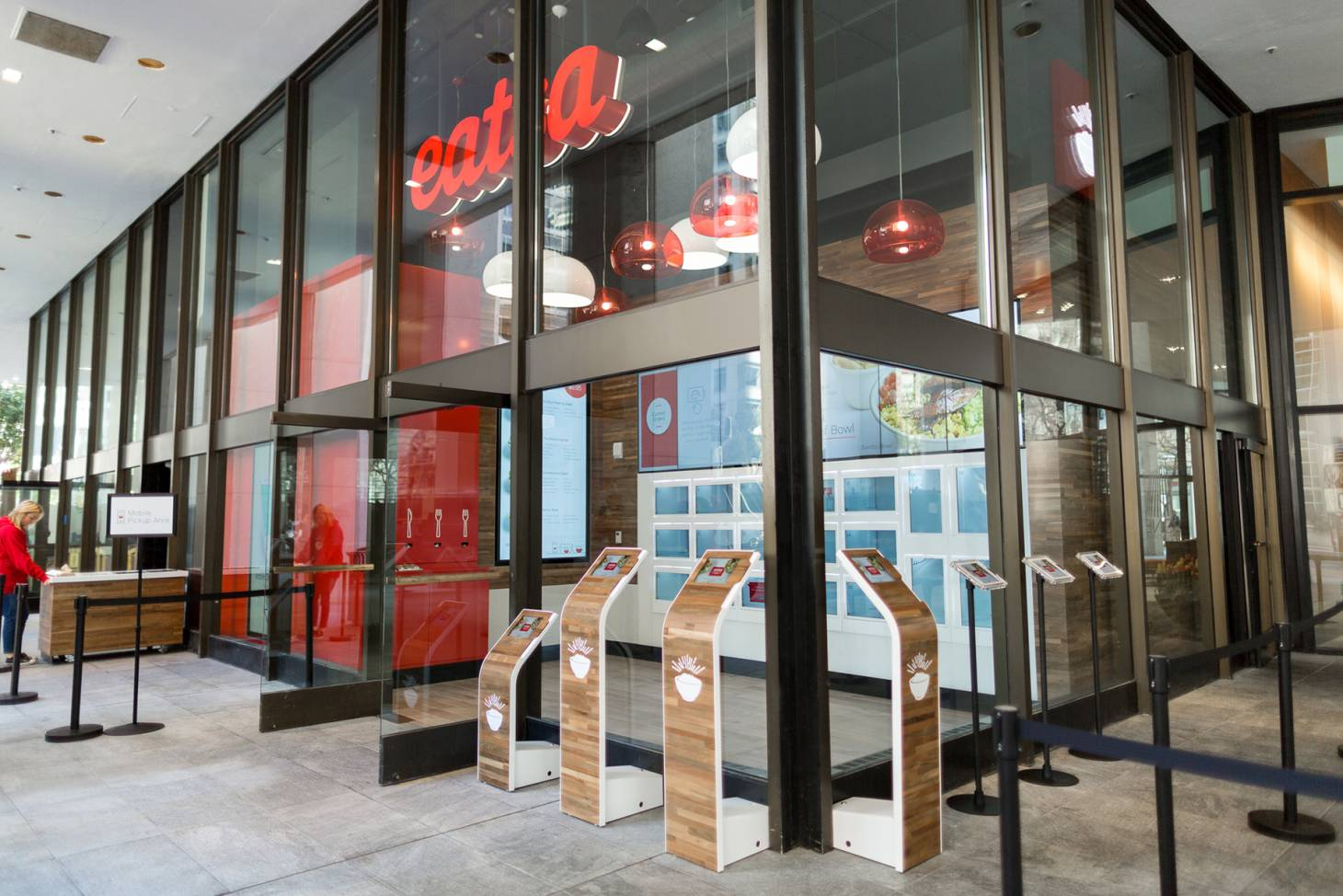
Eatsa, a fast-casual restaurant chain that sells bowls of quinoa using an automat-style, self-serve ordering process — the chain has been called a “robot restaurant” concept like something out of The Jetsons — has branched out from its San Francisco home with units in New York City and Washington, D.C., over the past 12 months. Diners place orders and pay for them on iPads installed at kiosks. The orders are filled by people behind the scenes and delivered through clear compartments displaying customer’s names and personalized messages. Advance orders may be placed by mobile app.

Quenching thirst is only part of the Clean Juice mission. The proprietors of this Charlotte, N.C.–based provider of organic juices and protein smoothies also want customers to be healthy and happy from first sip to last gulp. With this in mind, Clean Juice is about offering up beverages that are at once great-tasting, health-enhancing and body-cleansing.
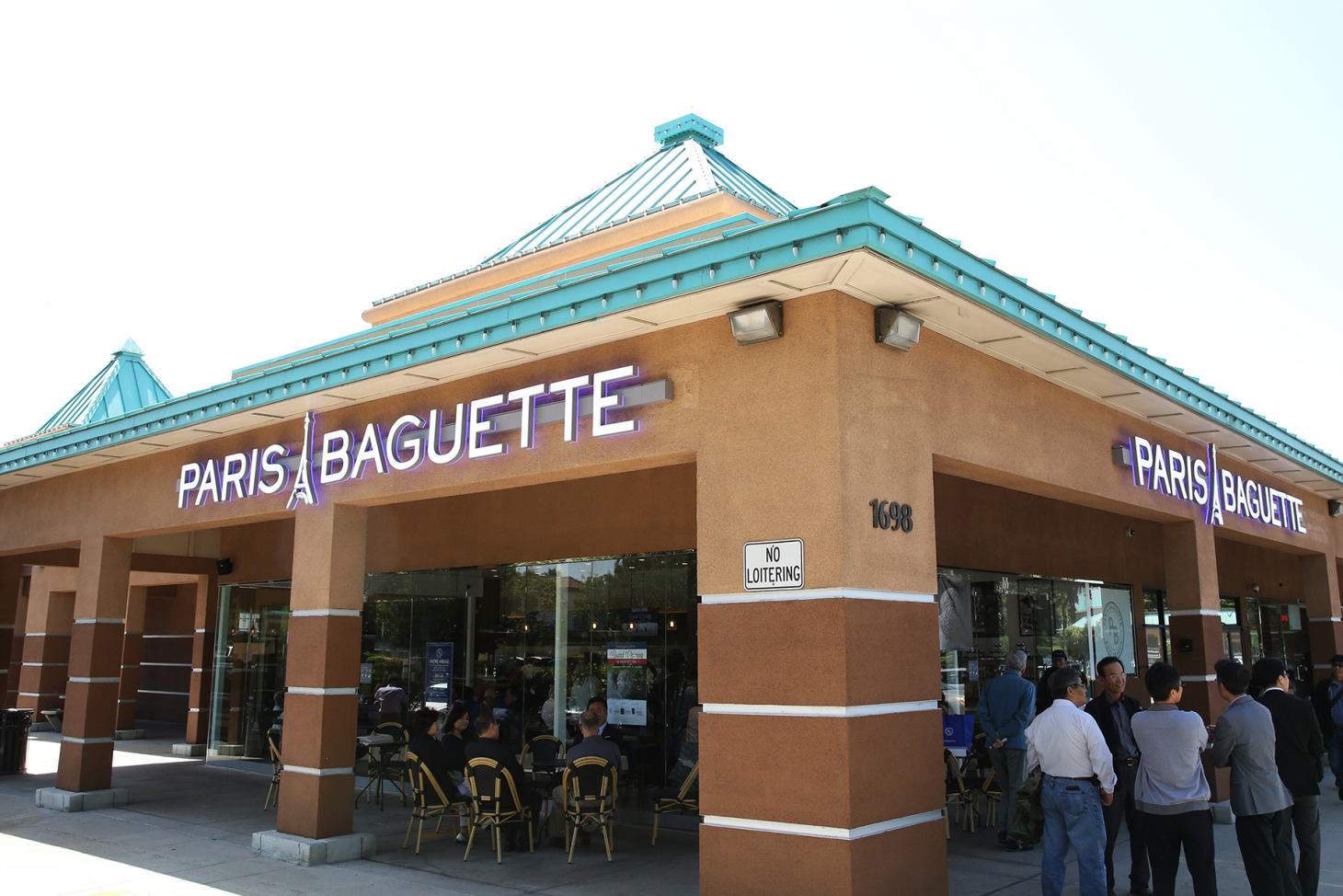
Paris Baguette, a global French bakery-café chain that actually happens to be based in and operated from South Korea, has big ambitions in the U.S., including the addition by 2020 of some 350 units to its current total of roughly 50 across the country. The U.S. expansion is targeting new areas in California, Georgia, Hawaii, Nevada, New Jersey, New York, Pennsylvania, Texas and Virginia.
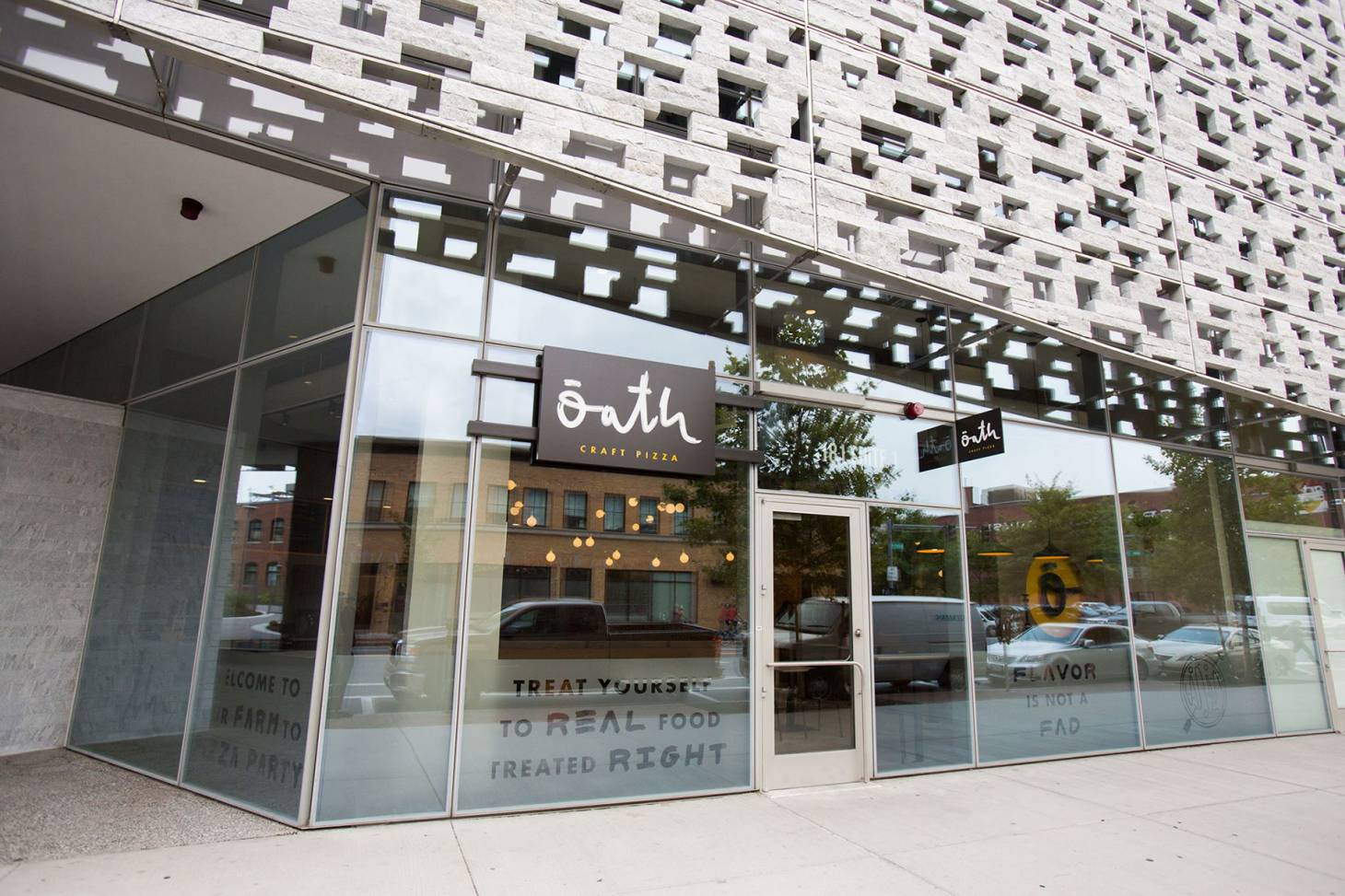
Oath Pizza prides itself on doing things differently from the typical fast-casual pizza restaurant. The Boston-based company, which makes a Neapolitan thin-crust-style pizza, takes a nontraditional approach to food preparation, according to CEO Patrik Hellstrand. “We are really a broader food company that is catering to people who love great food and also care about their decisions,” Hellstrand said.
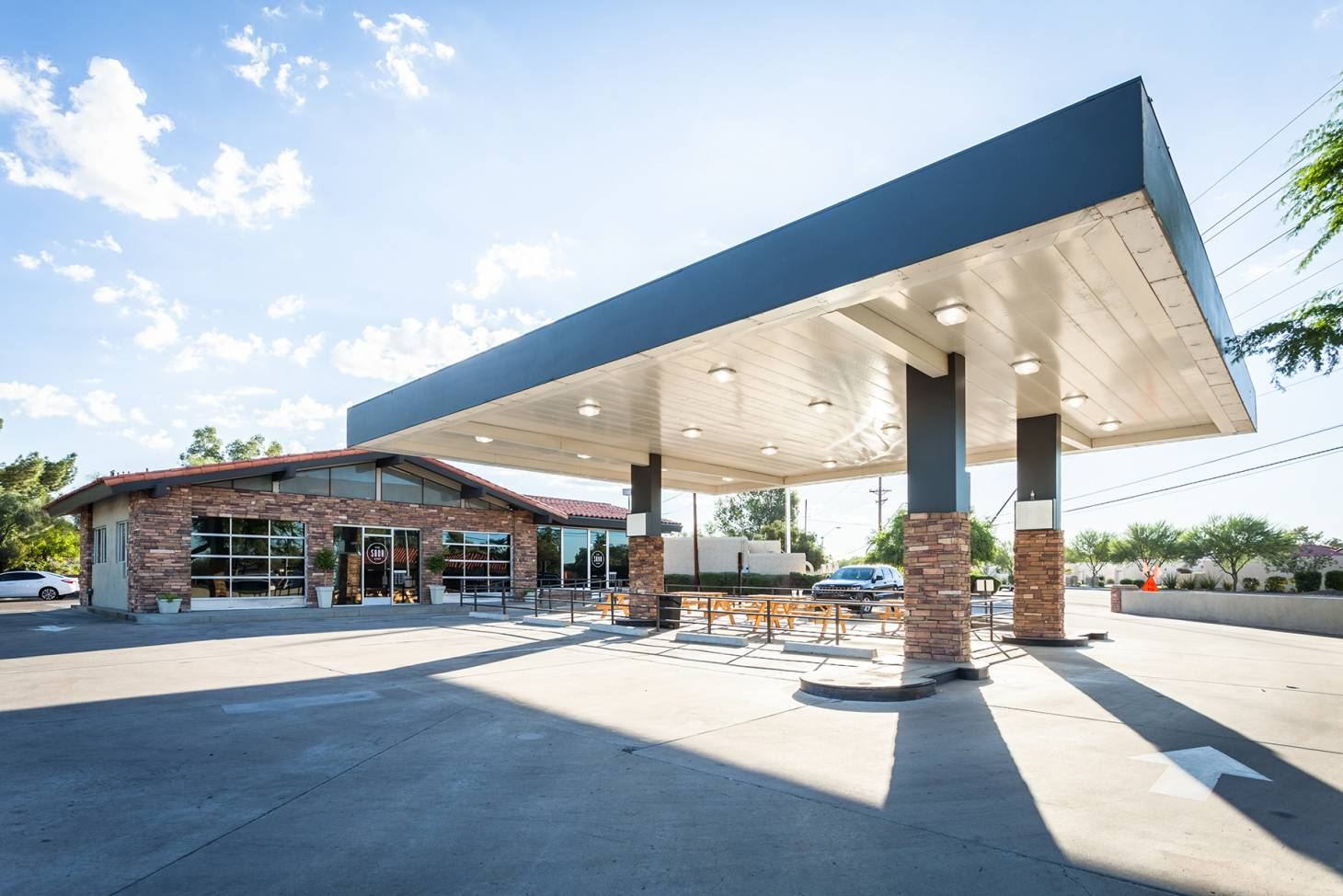
The Soda Shop menu is about exotic amalgams that the soda fountain patrons of 70 years ago would not recognize. The Bomb.com is a mix of watermelon, strawberry and orange flavors — plus a shot of Red Bull. The Shark Attack is a combo of blue raspberry and lemonade, plus a shot of Sprite — all topped with a gummy shark. Those are just two of some 40 specials on the menu, though imaginative patrons dream up countless personal combinations of flavors as well. And the addition of ice cream turns any choice into a float. Frozen custard is on offer too, and there are lots of mix-ins and cookies besides.
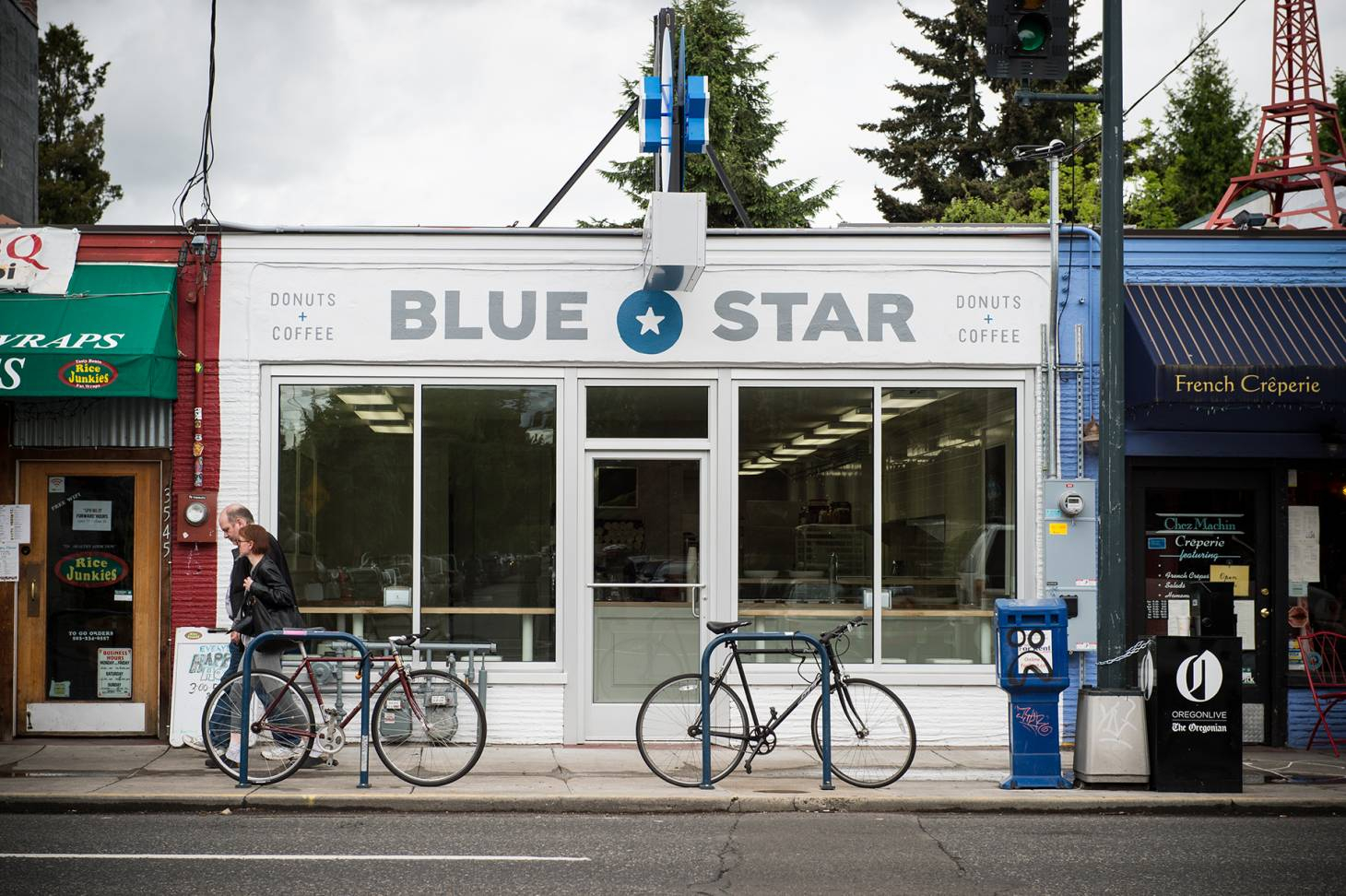
The first Blue Star Donuts opened in December 2012. The chain now has six units in Portland (including one at Portland International Airport) and two in Los Angeles. The company also operates three shops in Japan — a country with strong cultural and business ties to Portland. Large numbers of Japanese tourists visit each year, and Sapporo has long been a sister city; there is, in fact, a Portland-Sapporo Sister City Association that fosters cross-cultural programs, including visits from international delegations, political outreach and promotion of Japanese-themed events in Portland.
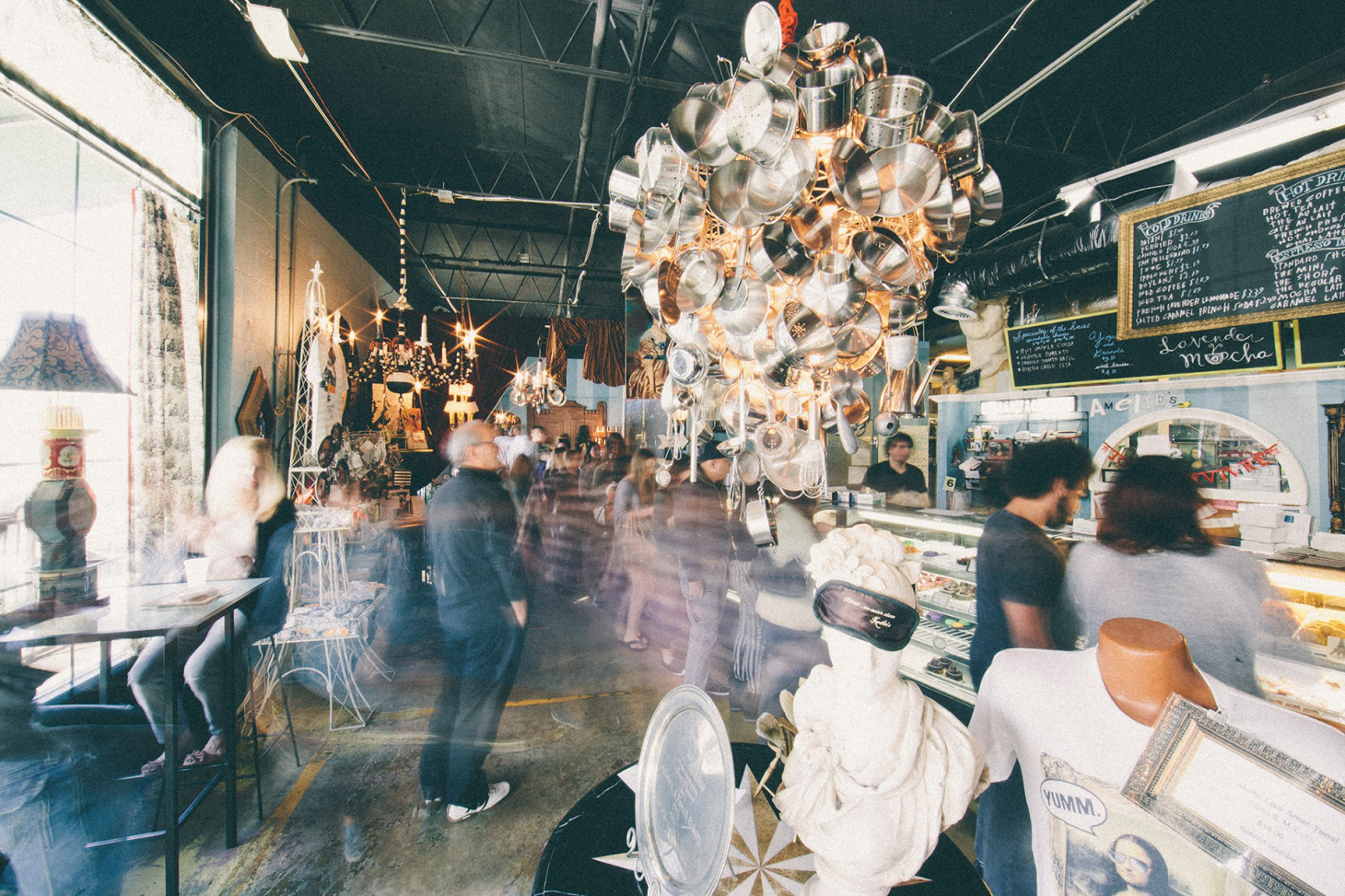
“Alice in Wonderland meets Marie Antoinette” — this is the way Brenda Ische describes the design and decor of Amélie’s French Bakery & Café, the Charlotte, N.C.–based Southern bakery chain of which she is co-owner as well as the designer of its stores. The baked goods here are fit for a queen, but the decor can be eclectic, she says, so though the concept is a chain, it tries not to look like one.
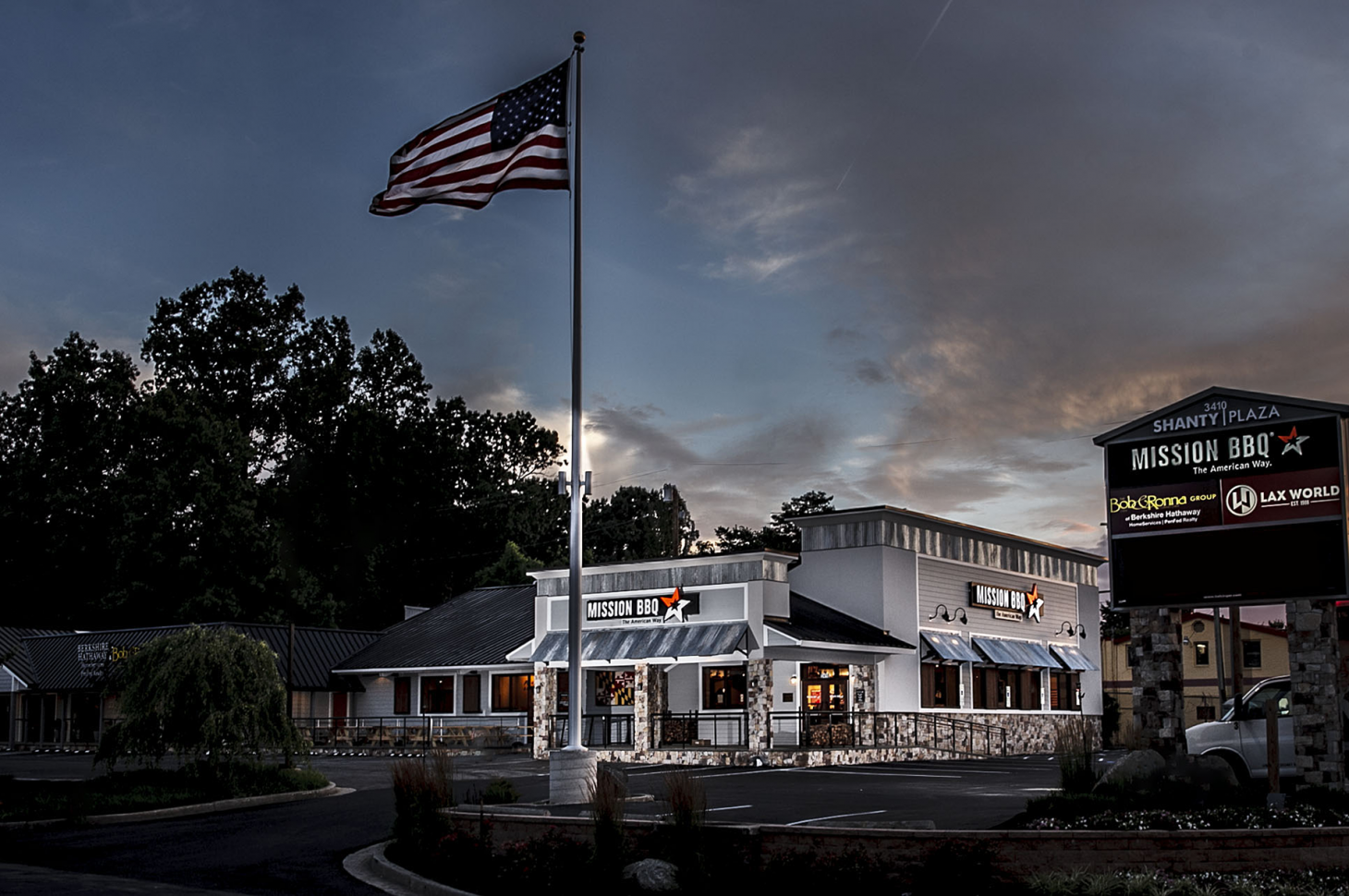
There are roughly 50 Mission BBQs, all of them corporate-owned, and mostly in the South. But the concept, which first opened in a 3,200-square-foot space in the Baltimore suburb of Glen Burnie on Sept. 11, 2011, did not catch on right away. “We were six years to an overnight success,” quipped co-founder Steve Newton. With confidence in the concept and its mission, however, he and his business partners persevered, and success came in time. “We believed that the barbecue space was similar to the steak-house space, which had proliferated around the country,” Newton said. Like Mission BBQ, the steak-house trend had started out “very independent and very regional,” he said. And barbecue joints and steak houses are both “based on a common business model that emphasizes a great piece of protein and a great side.”
By Brannon Boswell
Executive Editor, Commerce + Communities Today


